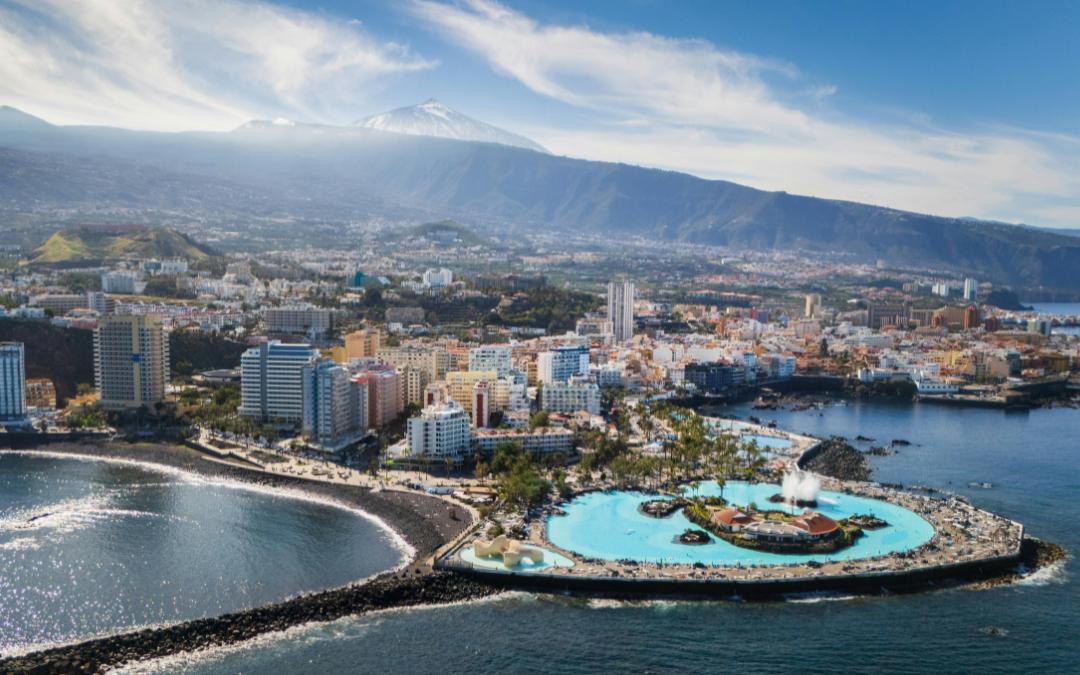Table of Contents
Every new year comes with its own challenges and opportunities, and 2025 is no exception. For foreigners residing in Spain or those who have just arrived, it is crucial to carefully review and plan the annual budget, taking into account the potential economic and regulatory changes on the horizon. Below, we offer an overview of the main expenses a foreigner might face, along with some tips to optimize your finances throughout 2025.
Housing: Rent or Mortgage
- Rent
Rental prices have been on the rise in recent years in high-demand areas (Madrid, Barcelona, coastal and tourist regions). Projections for 2025 suggest that this trend may continue, though it could slow down in smaller cities or less busy areas.- Tip: Before signing a contract, compare prices on various real estate portals and consider additional costs (community fees, utilities, etc.). Negotiating rent with your landlord may be a good strategy if you have been living in the same property for a while.
- Mortgage
If your goal is to purchase a property, you must keep in mind the potential increase in interest rates, which affect your monthly mortgage costs. Understanding fixed vs. variable mortgages and their differences is essential to avoid unwelcome surprises in your monthly payments.- Tip: Negotiate with several banks and seek professional advice to find the best option for your financial situation.
Vehicle: ITV, Insurance, and Associated Costs
- ITV (Inspección Técnica de Vehículos)
For new vehicles, the first ITV inspection usually takes place four years after purchase (for gasoline cars) or two years for certain types of vehicles or diesels, although regulations may vary. After that initial inspection, ITV checks become more frequent. In 2025, a slight increase in the cost of the ITV is possible due to inflation or new environmental requirements.- Tip: Keeping your vehicle in good condition, performing preventive maintenance, and preparing the documentation in advance (Certificate of Conformity, technical card, etc.) will save you money and last-minute hassles.
- Insurance
Car insurance is mandatory, and its cost depends on the driver’s profile, the type of vehicle, and the chosen coverage. A foreigner with little driving history in Spain may face slightly higher premiums, although some insurers offer specific plans for international residents.- Tip: Compare different companies and don’t automatically renew your policy without checking the market. If you have other policies (home, life), bundling them with the same company can lead to discounts.
- Fuel and Energy
Fuel prices have shown significant fluctuations. In 2025, the trend toward hybrid or electric vehicles may continue to reduce costs and take advantage of possible tax incentives.- Tip: Consider switching to a low-emission vehicle if you plan to change cars. In the medium and long term, this can prove cost-effective in terms of fuel, taxes, and even city access restrictions.
Self-Employed Contributions and Other Work-Related Expenses
For those who are self-employed in Spain, the changes to the income-based contribution system introduced in previous years will continue to evolve. In 2025, it is expected that this system will consolidate further, adjusting contributions according to actual earnings.
- Tip:
- Review your billing each quarter to see if you need to adjust your contribution base and avoid overpaying or underpaying.
- Keep your accounting updated and consider electronic invoicing to simplify dealings with the Tax Agency.
Taxes and Fees for Foreigners
- IRPF and Other Filings
In 2025, there may be small tax modifications affecting income tax brackets or specific deductions. If you own property in Spain or have other income, stay informed about any new regulations. - Local Taxes
Taxes such as the Property Tax (IBI) or garbage collection fees can vary by municipality. Make sure to factor them into your yearly budget plan.
Tips to Optimize Your Annual Budget
- Set Clear Financial Goals
Define specific objectives (saving for a down payment, investing in a more efficient vehicle, etc.) and adjust your monthly spending to achieve them. - Review Your Accounts Regularly
Check your bank statements, receipts, and invoices systematically. This helps you detect unnecessary or duplicated expenses that you can correct in time. - Create an Emergency Fund
Allocate part of your income to a financial cushion so you can handle unforeseen events without resorting to costly credits or loans. - Negotiate and Compare
Don’t hesitate to switch banks, insurance companies, or service providers if you find better terms elsewhere. Competition often plays in your favor. - Stay Informed About Bonuses and Incentives
Look for possible subsidies or tax breaks related to the purchase of electric vehicles, home energy efficiency improvements, or deductions on certain types of income.
Conclusion
Planning your 2025 budget as a foreigner in Spain involves staying up to date on current regulations, potential macroeconomic changes, and real estate and labor market trends. Whether you’re renting or considering a mortgage, planning to change vehicles or keep the one you have, or are already registered as self-employed, reviewing your expenses and anticipating investments or improvements is key to starting the new year with financial stability. With updated information and careful planning, you can optimize your resources and enjoy a more worry-free life in Spain throughout 2025.






0 Comments